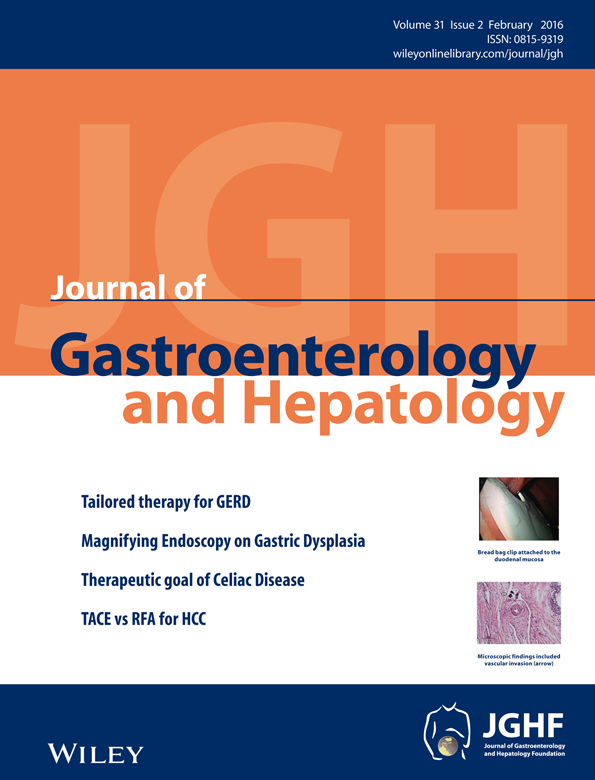Effect of selective CCK1 receptor antagonism on accommodation and tolerance of intestinal gas in functional gut disorders
Abstract
Background:
Participants with functional gut disorders develop gas retention and symptoms in response to intestinal gas loads that are well tolerated by healthy subjects. To determine the role of cholecystokinin (CCK1) receptors on gas transit and tolerance in women with functional gut disorders.
Methods:
In 12 healthy women, and 24 women with functional gut disorders (12 dyspepsia and 12 constipation-predominant irritable bowel syndrome) gas was infused into the jejunum at 12 mL/min for 3 h with simultaneous duodenal lipid infusion (intralipid 1 kcal/min), while measuring anal gas evacuation and abdominal symptoms on a 0–6 score scale. Triple-blind paired studies during iv infusion of dexloxiglumide (2.5 mg/kg bolus plus 5 mg/kg h continuous infusion), a selective CCK1 inhibitor, or saline (control) were performed in random order.
Results:
During saline infusion participants with functional gut disorders developed significantly greater gas retention and abdominal symptoms than healthy subjects (394 ± 40 mL vs 265 ± 35 mL and 2.8 ± 0.3 vs 1.9 ± 0.4 highest abdominal symptom score, respectively; P < 0.05 for both). Dexloxiglumide increased gas retention in both groups (514 ± 35 mL and 439 ± 60 mL, respectively; P = 0.033 vs saline for both); however, despite the larger retention, dexloxiglumide reduced abdominal symptoms (2.3 ± 0.2 score and 0.8 ± 0.3 score, respectively; P = 0.05 vs saline for both). Post-hoc analysis showed that, the decrease in abdominal symptoms was more pronounced in those participants with functional gut disorders with higher basal abdominal symptoms than in the rest (P = 0.037).
Conclusion:
Inhibition of CCK1 receptors by dexloxiglumide increases intestinal gas retention and reduces abdominal symptoms in response to by intestinal gas loads. European Clinical Trials Database (EudraCT 2005-003338-16).




